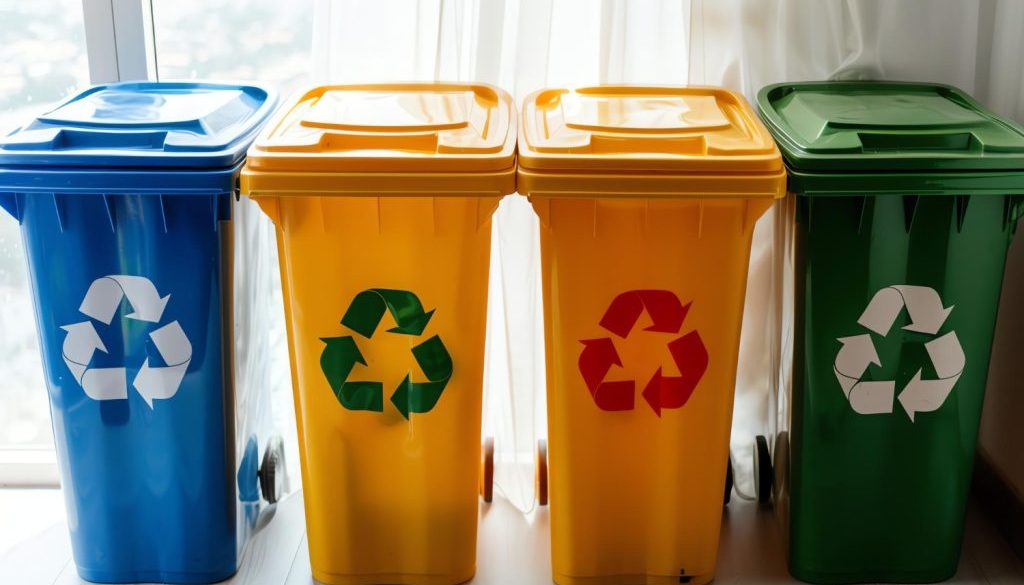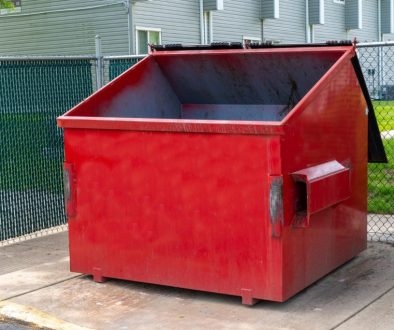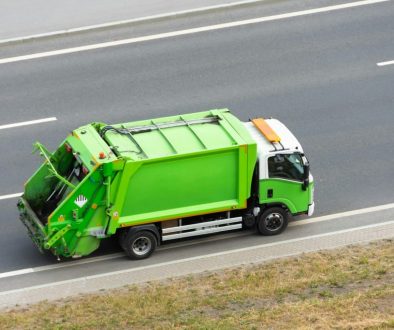Managing waste on a job site can be a daunting task, but it is essential for maintaining a clean and safe environment. Here at Enviro Skip Hire, we understand that proper waste management practices can lead to significant reductions in the amount of rubbish generated. This not only helps in keeping the site organised but also supports environmental sustainability.
Proper planning and organisation are key to minimising rubbish on your job site. By setting up a structured waste management system, we can ensure that materials are used efficiently and waste is reduced. Effective waste segregation techniques further help in sorting rubbish into recyclable and non-recyclable materials, making it easier to manage and dispose of waste responsibly.
Recycling and reusing materials on site can also contribute to waste reduction. By identifying which materials can be reused or recycled, we can lessen the need for new resources and minimise the amount of rubbish in landfills. Additionally, training and involving the team in waste management practices ensures that everyone on site is aware of the importance of proper waste handling. This collaborative effort helps in maintaining a cleaner and more efficient job site.
Planning and Organising Your Job Site for Waste Reduction
Efficient waste management begins long before a single piece of rubbish is generated. We understand the importance of planning and organising your job site to minimise waste. Start by identifying the types of waste your project will produce. Knowing whether your waste consists mostly of materials like wood, metal, or concrete can help you prepare the right disposal and recycling methods.
Next, designate specific areas for different types of waste. Create clearly marked zones for recyclable materials, non-recyclables, and hazardous waste. Positioning skips and other waste containers close to where waste is generated can save time and effort. Keeping the site tidy by regularly removing waste also helps prevent accidents and keeps the workflow smooth. A well-organised site is not just more efficient; it is safer and more environmentally friendly.
Effective Waste Segregation Techniques
Proper waste segregation is a cornerstone of effective waste management on a job site. One of the most straightforward techniques we recommend is to use colour-coded skips or bins for different types of waste. For example, use blue for recyclables, green for general waste, and red for hazardous materials. This visual guide makes it easier for everyone on the site to know where to dispose of different items.
Another useful approach is to educate your team on what can and cannot be recycled. Posting simple lists or charts near the waste collection areas can be extremely helpful. Encourage everyone to flatten cardboard boxes and rinse out any containers that will be recycled. By separating waste correctly, we can recycle more and send less to landfill, benefiting both the environment and the efficiency of the project.
Recycling and Reusing Materials on Site
Recycling and reusing materials on-site is a smart way to minimise waste and conserve resources. We encourage looking for ways to repurpose materials whenever possible. For example, wooden pallets can be dismantled and reused for other construction needs or DIY projects. Broken concrete can be crushed and used as filler material or aggregate, reducing the need for new materials.
Another effective method is to set up a recycling station on-site. This allows us to easily sort and store materials that can be recycled or reused. Items like metal scraps, plastic containers, and paper products should be separated from general rubbish. By keeping recyclables sorted from the start, we simplify the recycling process. Implementing these strategies not only helps the environment but can also save money by reducing the need for new materials.
Training and Involving Your Team in Waste Management Practices
Proper waste management requires everyone on the job site to be involved and trained. One of the best ways to ensure effective waste management is through regular training sessions. Teach your team about the importance of waste reduction, segregation, and recycling. Provide them with practical tips for sorting and disposing of rubbish correctly.
It’s also important to encourage a culture of environmental awareness. Make waste management a regular part of team meetings and daily routines. Create visual aids like posters and signs to remind everyone of best practices. Recognise and reward team members who consistently follow good waste management practices. By involving and educating our team, we create a collective effort towards a cleaner and more efficient job site.
Conclusion
Managing waste effectively on a job site requires careful planning and teamwork. From organising the site for waste reduction to training our team, each step plays a crucial role. At Enviro Skip Hire, we are committed to promoting sustainable waste management practices. By using the right techniques and involving everyone on the team, we can significantly reduce rubbish and enhance recycling efforts.
For those managing construction or renovation projects in Staffordshire, effective waste management is within your reach. Take the time to plan, organise, and train your team, and see the difference it makes in both efficiency and environmental impact. If you want to hire a skip in Crewe or want to learn more about optimising waste management for your project, contact Enviro Skip Hire. Let’s work together for a cleaner and greener future.




